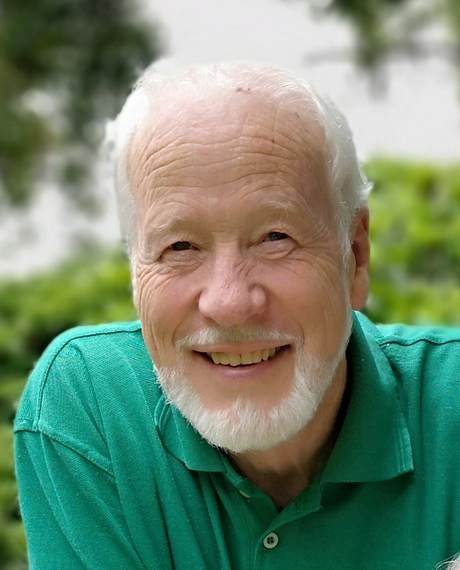“If you see what needs to be repaired and how to do it, then you have found a piece of the world that God has left for you to complete. But if you only see what is wrong and what is ugly in the world, then it is you who needs repair.” (Rabbi Menachem Schneerson)
Rabbi Schneerson (born in 1902) was one of Judaism’s most eminent spiritual leaders and social activists and a younger contemporary of Frank Buchman (born 1878). His call to “repair the world” (tikkun olam in Hebrew) struck an immediate chord with me. How closely this resembles the call of Frank Buchman at Caux in June 1948 for Moral Rearmament to be a force to “remake the world”!
‘Remaking the World’ has become rather passé in the language of today’s Initiatives of Change. Seen as dated, part of history and not really helpful in defining or describing IofC today. I’ve had “Remaking the World”, a compilation of Frank Buchman’s speeches, among my books for many years but never opened it. I picked it up recently during an idle moment and paged through it. I was taken by the clarity and relevance of some of Buchman speeches (I just dipped into the book!). It underpins the work being done through the For a new world website to make available the rich legacy that began when Buchman embraced the mighty adventure of individual and world change.
Nonetheless, looking at our world of today, I prefer Schneerson’s description because so much is broken. But where does one begin to repair what is deeply broken? Just looking at some of the headlines - Ukraine-Russia, Palestine and Israel, Sudan, Yemen, Syria, parts of Africa, why immigrants are crossing the Mediterranean or the dangerous Darien Gap in Central America at the risk of many lives - leaves a depressingly large and complex canvas. But what’s inspiring about Schneerson’s call is that it brings repair” down to the human level. See what needs repair, starting in my corner of the world, and then find ways to do it. That is a worthy challenge!
In 2021, IofC in South Africa set out to repair a deep rent in our societal fabric - the dysfunctional family. Gender-based violence in South Africa is at the highest level globally, youth suicide continues rocketing, nearly 12 million children grow up with absent fathers, sexual assault of young people is almost endemic in some areas. It goes on. The family unit is in deep trouble.
As with the geopolitical challenges, where does one begin tackling such a large portfolio of woes?
Supported by the international Trustbuilding Programme, IofC SA began with a series of inner healing initiatives, based on Creators of Peace, in some of the disadvantaged areas around Johannesburg and Pretoria. The impact so far is small. But the goal is a big one. Over five years, with this programme and alongside a range of faith-based organisations, IofC is aiming to make ‘healthy families in healthy communities’ a national programme with resources prioritized to support this. It is now sowing the seed and learning how to repair, stitch by stitch.
Point is, ‘repairing what God gives us to repair’ can start at many levels.
In 1965, the late Nico Ferreira, a fulltime worker in MRA, and his wife, Loel, started Springbok Stampede, the youth musical and development programme, to give young people a platform to take up responsibility for their country.
Letlapa Mphahlele stepped back from his devastating acts of fatal vengeance for the brutality of an attack on young black people, to apologise and seek forgiveness from those affected by his actions.
Each found a way to repair a bit of the world that was broken and needed to be completed.
In late October, the recently formed Alliance For Responsible Citizenship (ARC) held their first international conference in the UK. Their aim is to ‘draw on humanity’s highest virtues and extraordinary capacity for innovation and ingenuity’ to find solutions for the brokenness in the world. Having drawn the cream of involved and often faith-based individuals with influence across the world to their cause, ARC is seeking to create a moral revolution to “repair the world”.
Jordan Peterson, a Canadian psychologist who has gained international fame – and infamy - for his blunt, no-nonsense analysis of the issues of the age, is one of the founders of ARC. In his closing speech at the conference of 1 500 global influencers he returned to a theme of the event - tilt the world towards heaven and away from hell. Struggle towards the City of God, he said.
Perhaps there is a “tilting towards God” happening as a counter to the secularism and materialism that bite hard and entice young people, in particular, away from responsibility and thus meaning. Peterson, as a psychologist, noted that there is no technical difference between thinking about yourself and being miserable. In other words, misery is the bedfellow of the selfie-obsessed.
The best, he said, is to be outside yourself. “We’ve forgotten that it’s taking up responsibility that makes life meaningful.”
In other words, find that piece of the world that God wants you to complete. And start the adventure!

